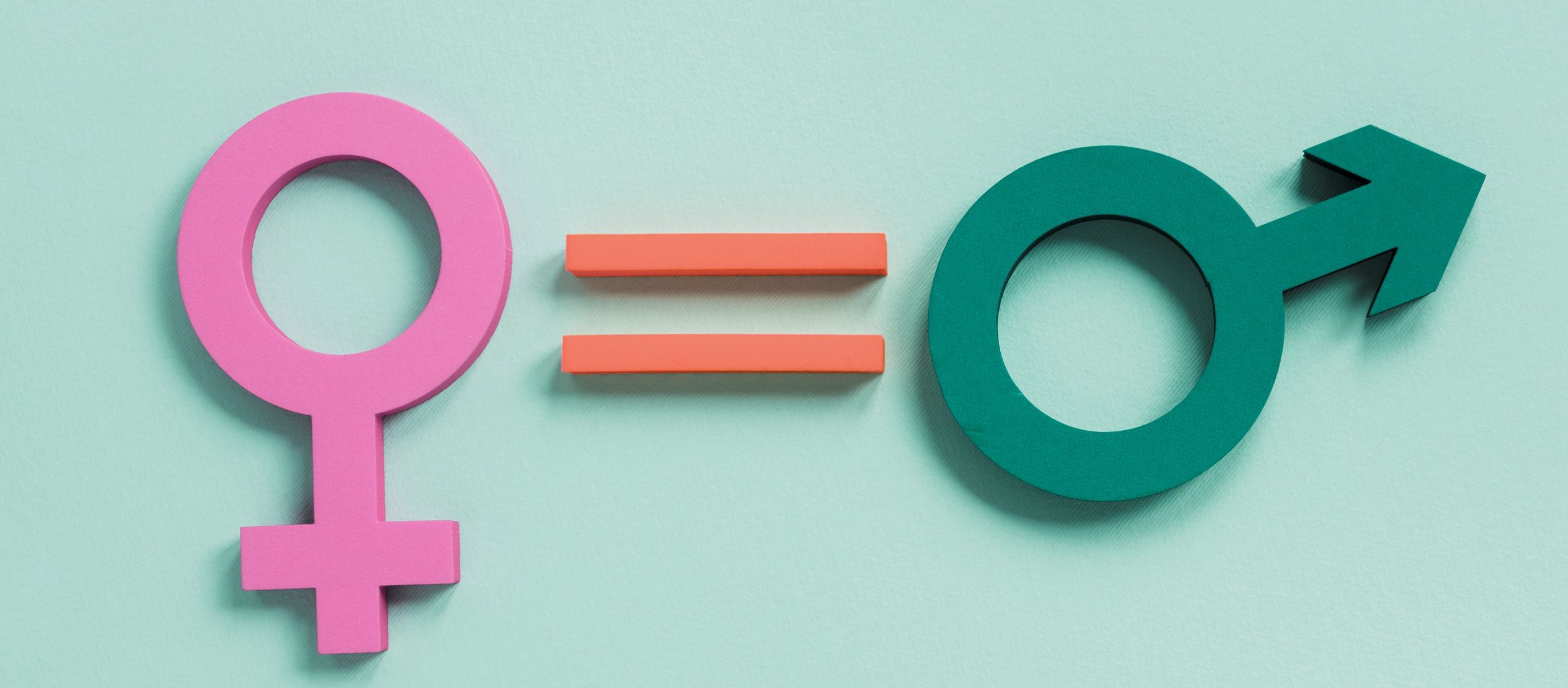This year the International Women’s Day is dedicated to “gender equality today for a sustainable tomorrow”.
Thereby, the United Nations aim at stressing the role of gender equality in fighting climate change and its consequences. In order to fulfill their role, women all across the world need equal opportunities, ressources, and rights to participate in decision-making and developing solutions for a sustainable and prosperous future. At the same time, the link between gender equality and climate change mitigation and adaptation emphasises the connection between access to social rights and ecological sustainability.
According to the Sustainable Development Goal (SDG) 5 on Gender Equalty, the objective is to end “all forms of discrimination, violence, and any harmful practices against women and girls in the public and private spheres. It also recognises the importance of universal access to sexual and reproductive health and reproductive rights for combating gender inequality.”
Empowering women in the Danube Region
Against this background, the EU Danube Strategy aims to support the empowerment of women and better access to social rights.
While Romania’s gender pay gap is less than 5%, many countries in the Danube Region such as Austria, Germany, Czechia, Slovakia or Hungary, stayed at well above 15% in 2019. In addition, regarding aspects like the gender employment gap, active engagement of women in political positions, senior menagement positions held by women, early school drop-outs or tertiary education attainment, many countries of the Danube Region stay below the EU average.
Hence, the EU Danube Strategy seeks to make a positive contribution to reducing vulnerabilities and inequalities for women in the Danube Region.
In the field of research and innovation, Priority Area 7 “Knowledge Society” supports initiatives that promotes young female researchers through e.g. multilateral calls.
Likewise, Priority Area 8 “Competitiveness” commits to strengthening entrepreneurial skills of women. In doing so, women in the Danube Region should acquire the skill set and opportunities to realise ideas and solutions for a sustainable development.
In the network of ESF Managing Authorities in the Danube Region, Priority Area 9 “People and Skills” and Priority Area 10″Institutional Capacity” are actively engaging together with the ESF Managing Authorities in better cooperation for social innovation and measures to support women’s access to the labour market.
Last, but not least, Priority Area 10 “Institutional Capacity” is working with Priority Area 11 “Security” on better coordination to fight trafficking in human beings with women and girls being the largest proportion of victims and also more prone to sexual exploitation.
#StandWithUkraine at #IWD2022
On today’s International Women’s Day we also want to appreciate the strength and courage of women and girls in Ukraine. Their voices must be heard.
At the same time, we aim at providing Ukrainian women fleeing the war protection, support and opportunities to strive.
If you would like share an initiative, please contact the team of Priority Area 10 “Institutional Capacity”.
If you are looking to support people in Ukraine or looking for relevant information for Ukrainian refugees, please visit:
Links
Photo credit: Freepik | Coma




